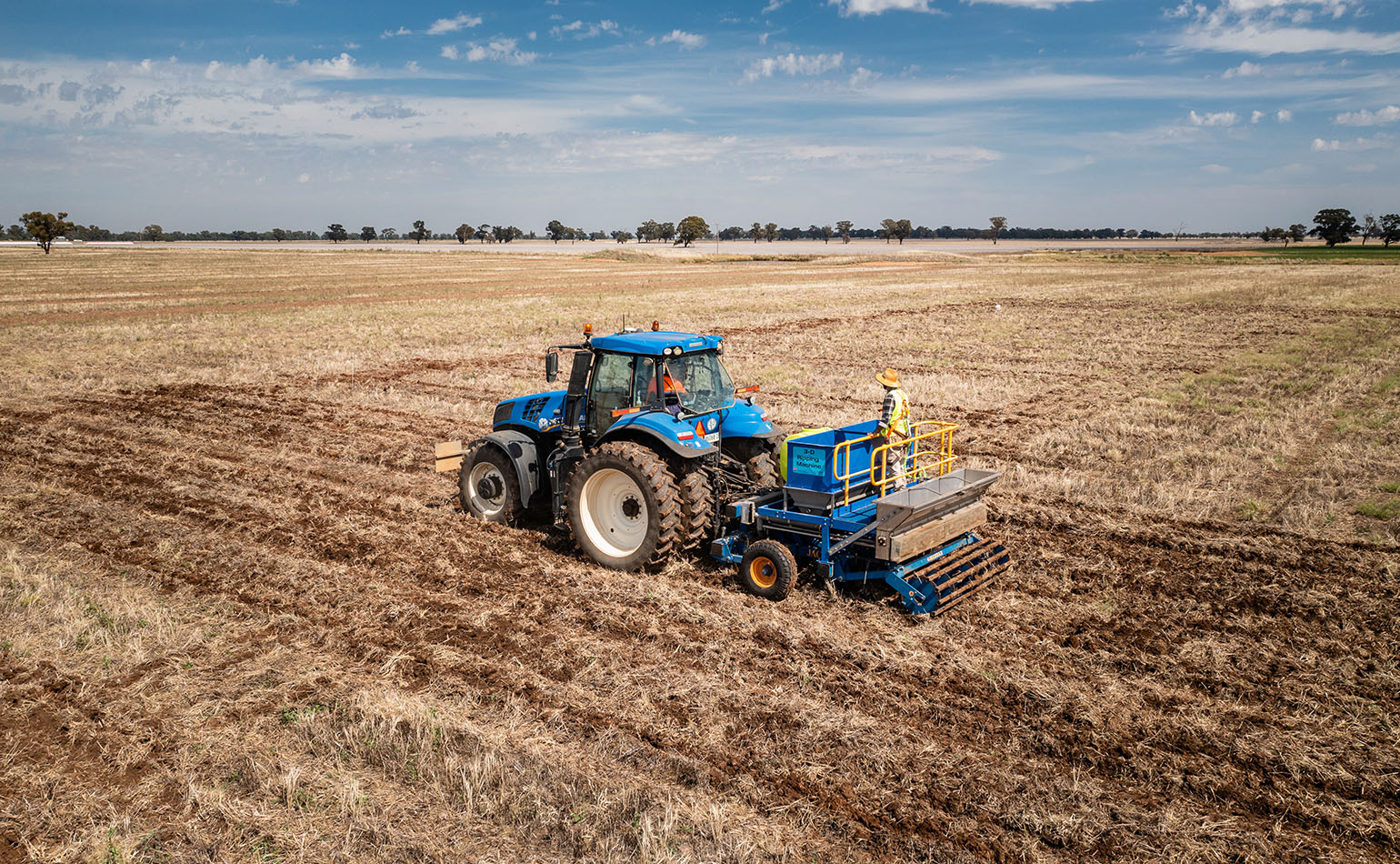The Soil CRC has announced funding for six new research projects with a cash investment of $2.7 million and a further $6.2 million of in-kind contributions from participants.
Soil CRC CEO Dr Michael Crawford said the new projects focus on end-user engagement, adoption of research outcomes and commercialisation of new technology that will deliver tangible outputs for farmers and industry.
“This research continues the Soil CRC’s commitment to deliver the knowledge and tools farmers need to optimise their productivity, yield and profitability, and ensure the long-term sustainability of their businesses,” Dr Crawford said.
The new projects will run over the next two to three years, delivering both novel research and building on previous research from the CRC.
The latest investment brings the total spending on projects to more than $33 million since the CRC commenced in 2017.
New projects
Agricultural social benchmarking surveys – Dr Hanabeth Luke, Southern Cross University
Continuing on from the Soil CRC’s previous research into what drives farm management decisions, this project will help develop a longitudinal understanding of farmer practices, aspirations and motivations. This will increase end-user engagement and adoption with the aim of improving soil management and productivity.
This next user-led project will support four grower groups to critically evaluate their current extension practices and identify which Program 1 extension tools can be combined to improve farmer adoption of innovation.
Commercialising the smart penetrometer (Bandicoot) – Dr Marcus Hardie. University of Tasmania
This project seeks to build on the Soil CRC’s past success to continue the technical development of the Smart Penetrometer and commence its commercial readiness. It will also conduct extensive grower evaluation and feedback.
This project will confirm whether the pyrolysis process (heating without oxygen) can be used to convert biosolid waste into biochar to be used as a safe nutrient source and soil amendment for agriculture. It also seeks to evaluate the effects of biosolid biochar on plant growth, soil ecosystems and the benefits on land application, as well as demonstrating the sustainability of biochar under varying soil conditions.
Using a computer-based machine-learning approach, this project aims to find the best ways to manage multiple soil constraints to help farmers make informed soil management decisions that maximise productivity and profitability.
This project aims to improve current methods to ameliorate subsoil constraints through development of new and more effective practices. The research capitalises on six established field trials to continue investigations for a further two cropping seasons.

